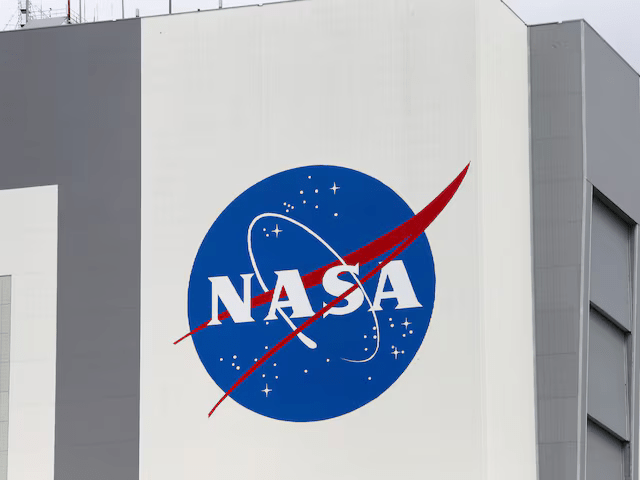
News Desk
NASA: The recent revelation of a second breach of NASA’s systems by an independent hacker, known as “@7h3h4ckv157,” raises important discussions about cybersecurity and ethical hacking. By publicly sharing their findings, the hacker not only highlighted critical security vulnerabilities but also demonstrated a commitment to responsible disclosure, allowing NASA the opportunity to address the issues before they could be exploited maliciously.
NASA’s response, including an official appreciation letter from Mark Witt, reflects a growing recognition of the vital role that independent security researchers play in identifying and mitigating security risks. The acknowledgment of the hacker’s adherence to NASA’s Vulnerability Disclosure Policy (VDP) indicates a collaborative approach to cybersecurity, where organizations can benefit from the expertise of ethical hackers.
Public reaction on social media has been largely supportive, emphasizing the hacker’s ethical choice to report vulnerabilities instead of exploiting them for personal gain. However, the comments about the lack of tangible rewards from NASA highlight an ongoing debate in the cybersecurity community regarding the incentives for ethical hackers. While appreciation letters and public recognition are valuable, many argue that offering financial rewards or bug bounties would further encourage responsible behavior and foster a culture of collaboration between organizations and security researchers.



